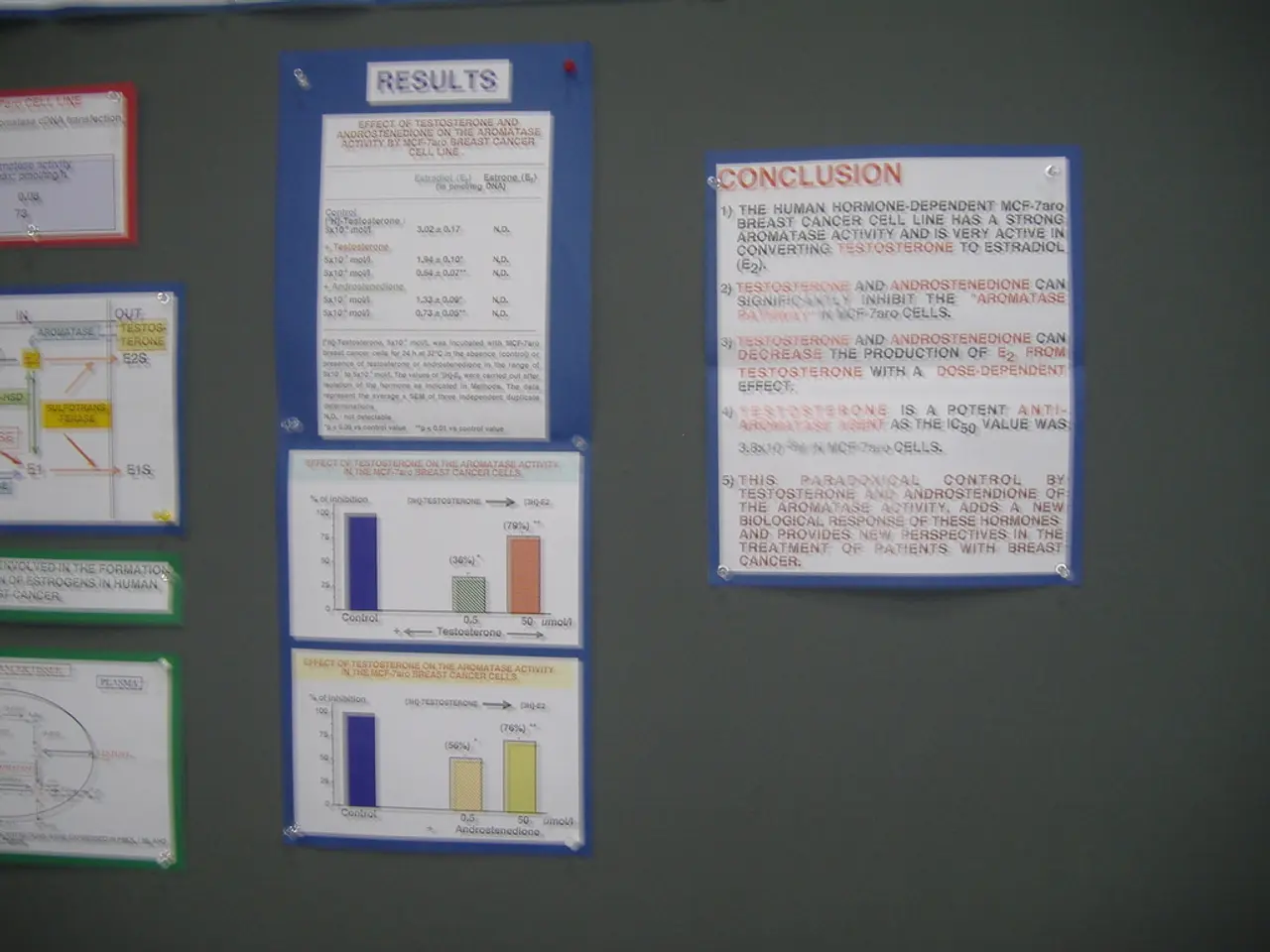Transforming Internal Auditing: First Phase
In the aftermath of the 2008 global financial crisis, the European Banking Authority (EBA) has demanded a comprehensive rework of the reporting of internal audit departments regarding the effectiveness of risk management and reporting processes in recent years. This call comes in the wake of increased Board responsibility for overseeing management's 'risk appetite and tolerance.'
The Financial Stability Board (FSB), a global body created in response to the crisis, has been at the forefront of efforts to understand and prevent destabilizing events in the future. The FSB has formulated and disseminated guidance that could spur a re-engineering of corporate governance globally.
The FSB's guidance proposes that internal auditors should play a pivotal role in this process. Traditionally, internal auditors assess internal controls and report opinions on their effectiveness. However, they have not typically assessed and reported on risks to the organisation's top strategic/value-creation objectives or the effectiveness of its overall risk management framework.
The FSB's proposed responsibilities for internal auditors include assessing the design and effectiveness of the risk assessment framework (RAF) on an institution-wide basis. They should also report to the Board and senior management on material deficiencies in the RAF. Furthermore, the FSB suggests that internal auditors may need to supplement their independent assessment with expertise from third parties to provide a comprehensive independent view of the effectiveness of the RAF.
The FSB's 'Principles for an Effective Risk Appetite Framework' was published in November 2013. The principles call on internal auditors to report on the reliability and effectiveness of an organisation's entire risk appetite framework. The FSB also proposes that internal auditors should periodically assess the alignment of the RAF with supervisory expectations.
Internal audit departments have been in a state of growth and progressive change for at least a decade. However, they have primarily been supply-driven rather than demand-driven, with internal audit departments often formulating their own views regarding which objectives/topics to focus on. This approach is set to change, with the FSB's guidance encouraging a more proactive and strategic role for internal auditors.
The FSB includes government officials, financial sector, and securities regulators from around the world. The article was reprinted with permission from the April 2015 issue of Internal Auditor magazine. Direct-report auditing, where the auditor evaluates the subject matter for which the accountable party is responsible, is a common approach globally. Internal auditors traditionally plan, execute, and report results of point-in-time audits. However, the FSB's guidance encourages a more continuous and forward-looking approach.
In conclusion, the FSB's guidance represents a significant shift in the role of internal auditors. They are being asked to take a more proactive and strategic role in assessing an organisation's risk management framework and reporting on its effectiveness. This shift is a response to the need for more robust risk management practices in the wake of the 2008 financial crisis. The FSB's guidance is a step towards ensuring that organisations are better equipped to manage their risks and avoid future crises.
Read also:
- Indian Oil Corporation's Panipat Refinery secures India's inaugural ISCC CORSIA accreditation for Sustainable Aviation Fuel production
- Ford Bets on an Affordable Electric Pickup Revolution with a $30,000 Design
- Rapid Charging Stations for Electric Vehicles Avoiding Grid Overload
- TikTok's Artificial Intelligence Regulation Approach Meets Stiff Opposition from German Trade Union







